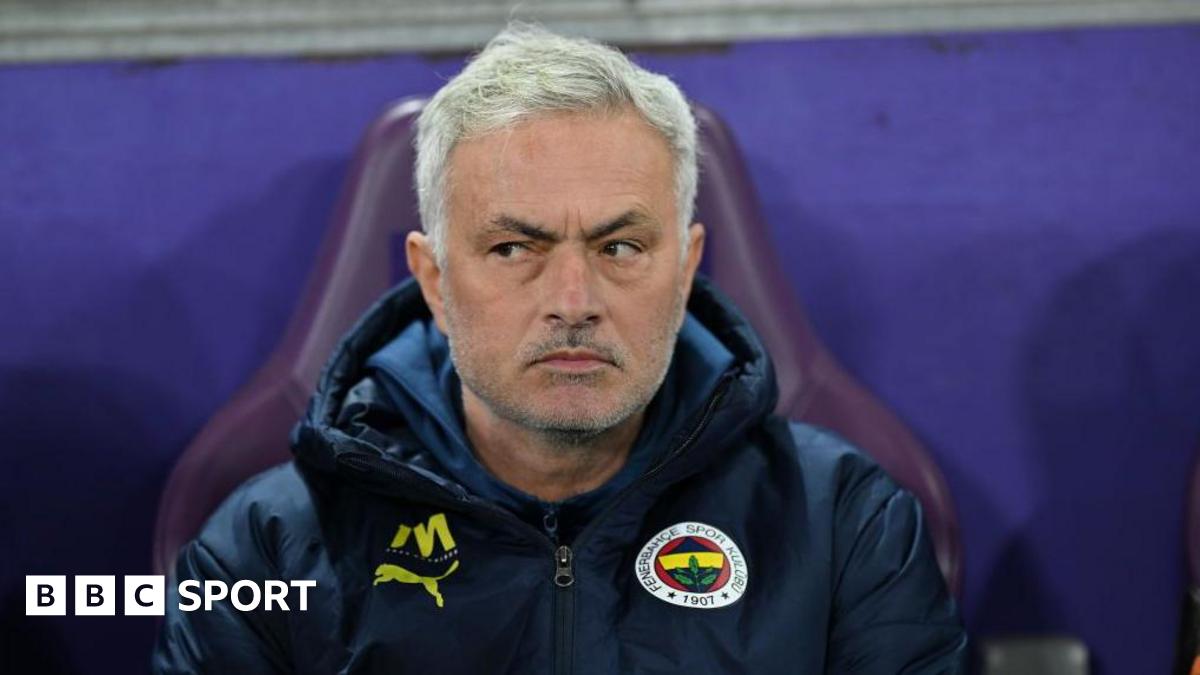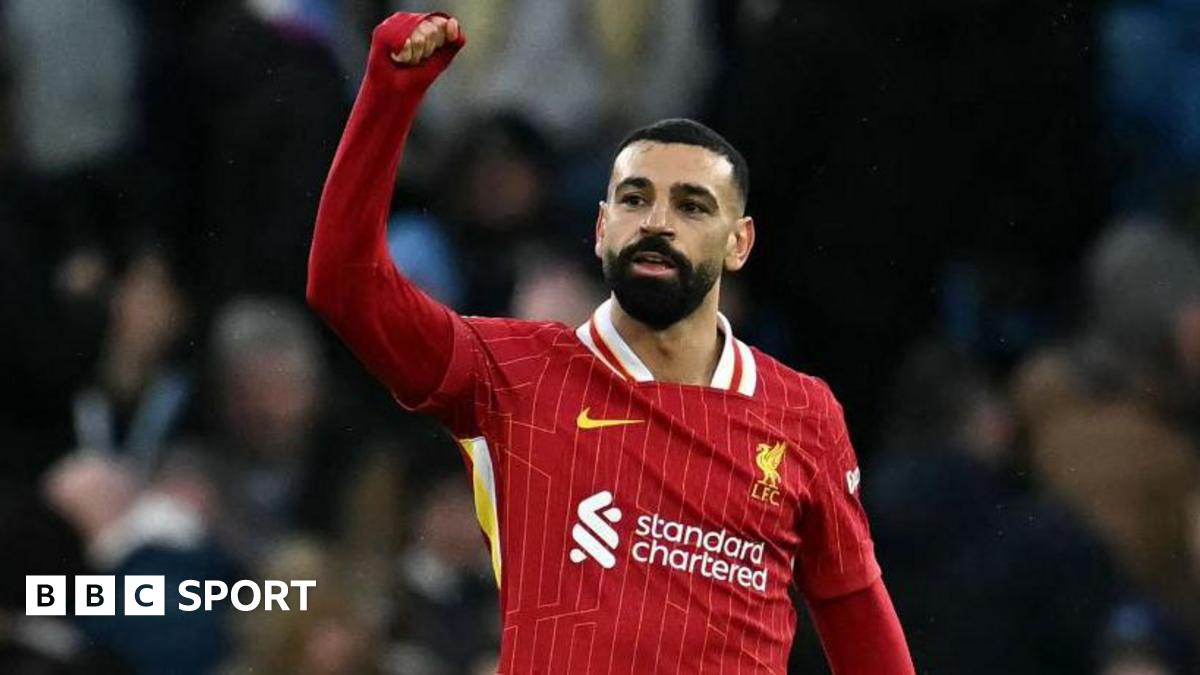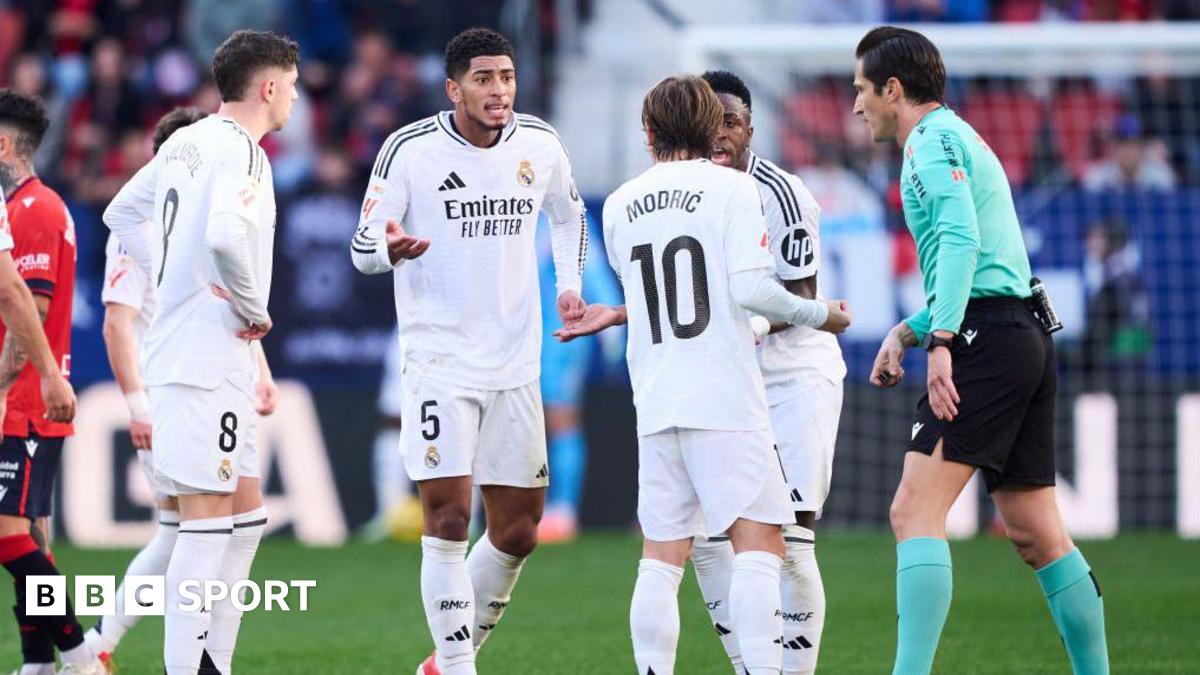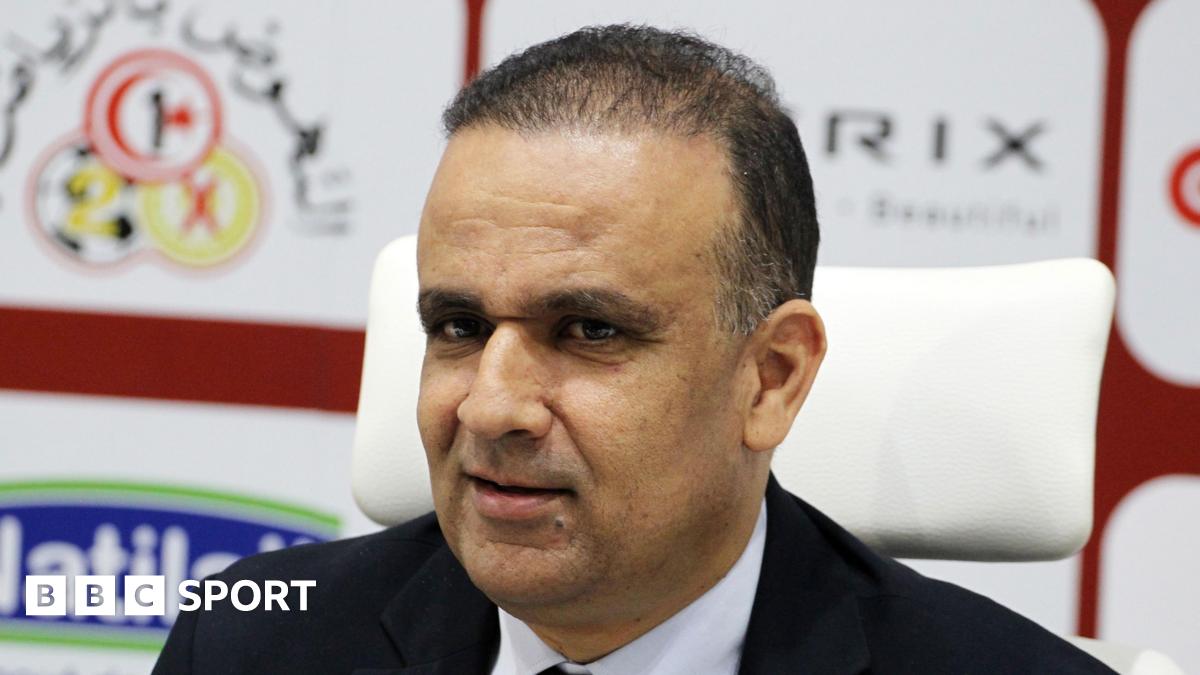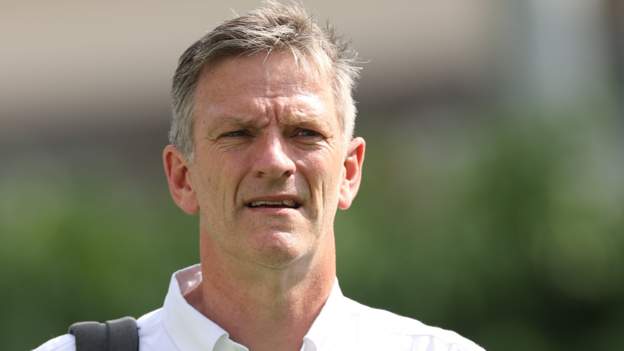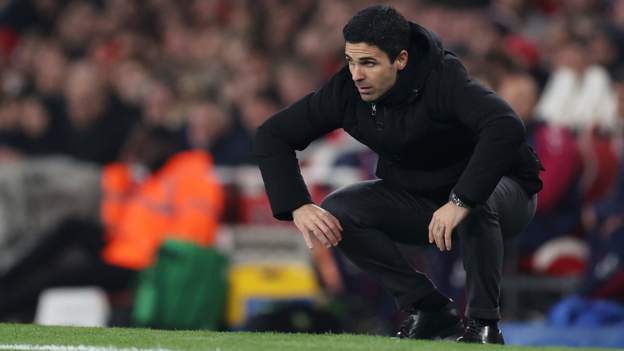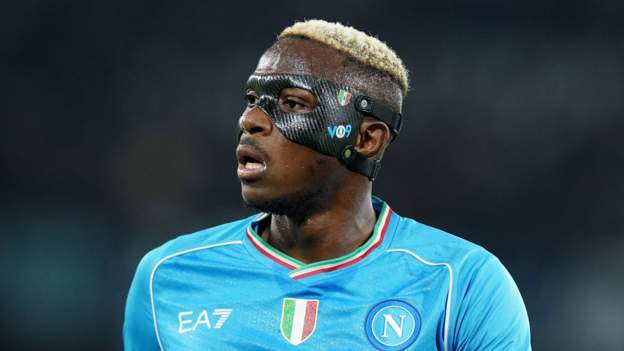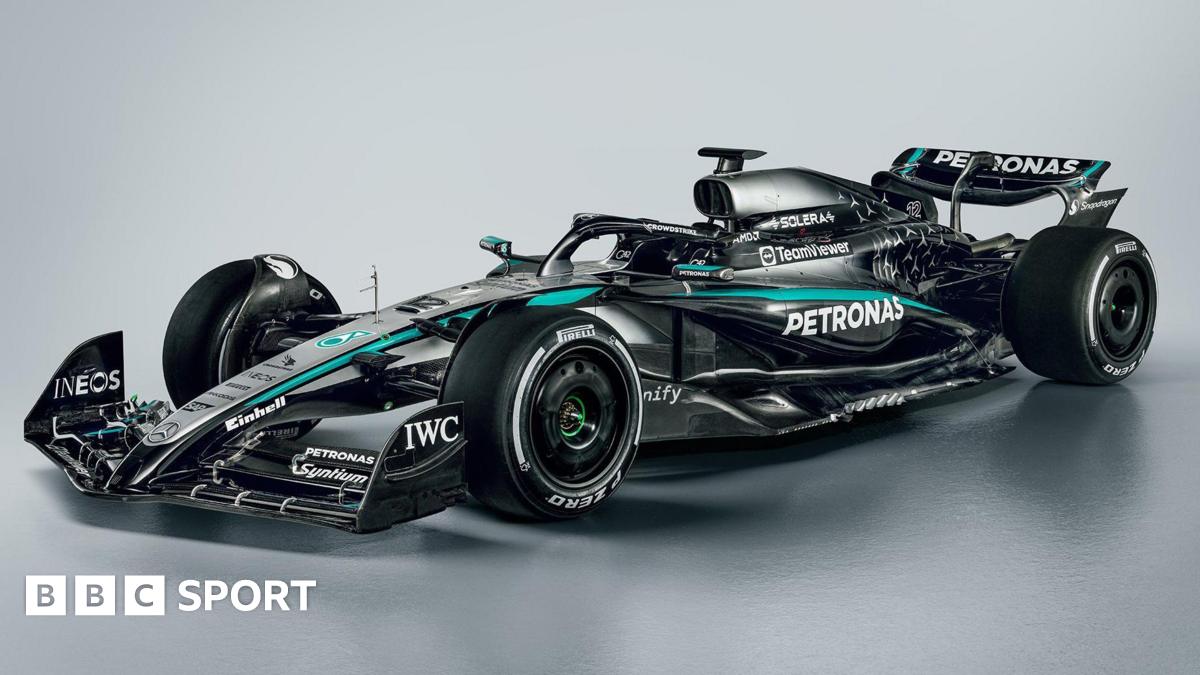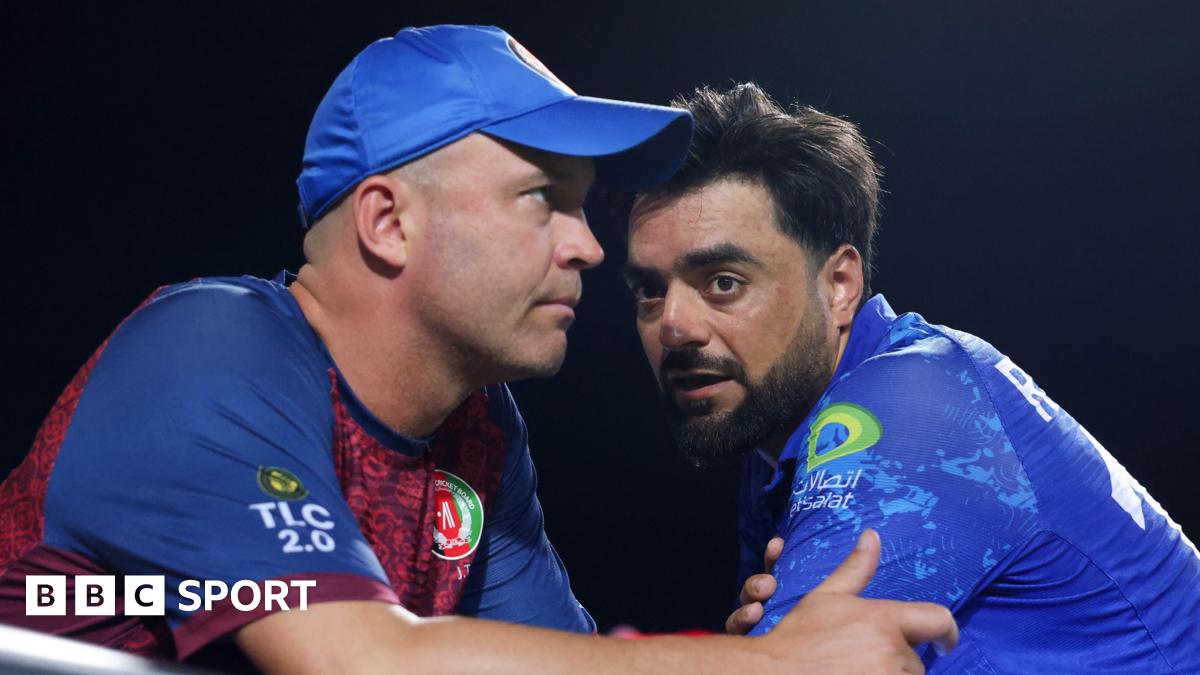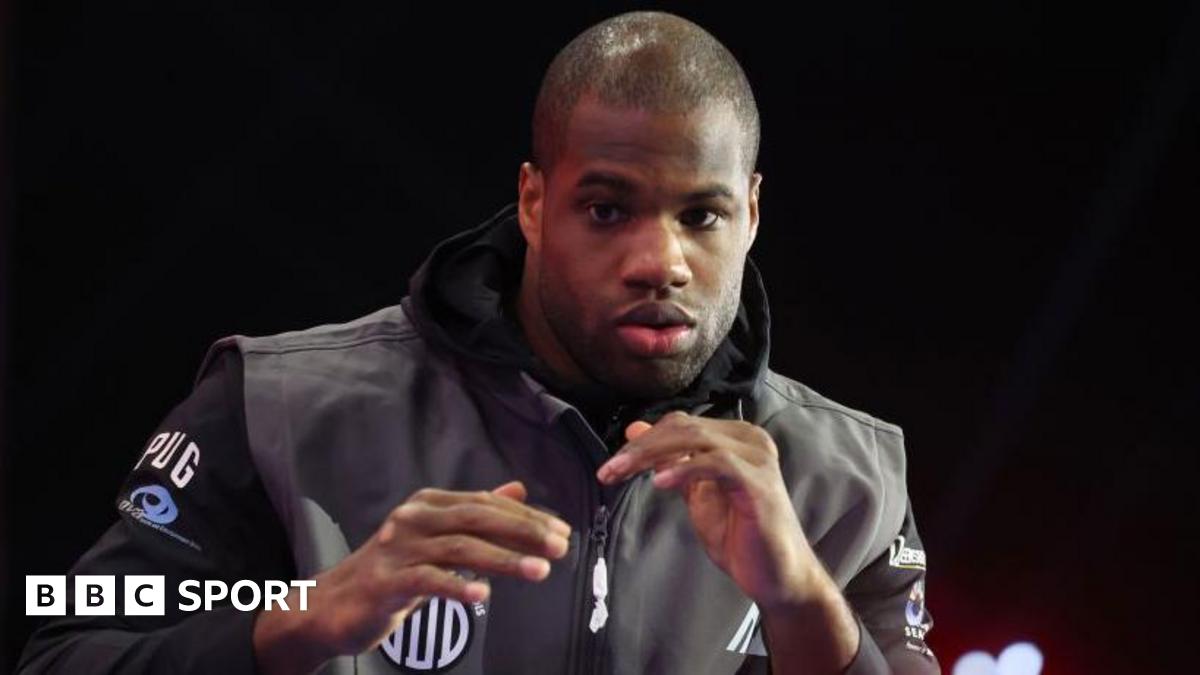James Allison has returned as Mercedes technical director in a major reorganisation following the team’s disappointing start to the season.
The 55-year-old swaps roles with Mike Elliott.
Elliott assumes the position of chief technical officer, to which Allison was appointed in a 2021 reshuffle.
The changes come a month after Mercedes started a season in an uncompetitive position for the second consecutive year.
The team said Allison’s return to lead car design came at Elliott’s instigation.
A Mercedes spokesperson said: “Mike has led a review of our technical organisation to ensure we have the right structure to deliver sustainable success in the future.
“We are focused on building the best racing car – and building the best team to develop that car, with everybody playing to their greatest strengths in the organisation.”
Mercedes team principal and chief executive officer Toto Wolff endorsed the reshuffle.
Unusually, the changes have not been formally announced by Mercedes. Instead, Wolff revealed them in an interview with the Motorsport Network.
Wolff said: “Mike’s assessment was, and the introspection is really admirable, that with James we have a gladiator on the field and the troops are going to go through the fire for him and with him.”
Elliott will focus on “developing the organisation going forward”, Wolff added.
What has led to this?
Mercedes won eight consecutive constructors’ championships from 2014 to 2021. Allison joined the team in February 2017, having split with Ferrari the previous summer and led the design group through the final five years of that period.
In 2021, the team embarked on a transition period that led to Elliott formally taking over as technical director in July that year with Allison becoming CTO.
In his new role, Allison relinquished overall control of car design and had a three-day-a-week role that focused on strategic issues such as planning for the next F1 rules to be introduced in 2026 and other projects, including the America’s Cup campaign of Mercedes F1 partner and shareholder Ineos.
Mercedes’ period of success ended last season, when new technical rules were introduced into F1 in an attempt to make the field closer and the racing more competitive.
Mercedes chose a unique car design philosophy that differed significantly from that of other leading teams and spent much of last year struggling for competitiveness and battling an aerodynamic phenomenon known as ‘porpoising’, or bouncing.
They recovered sufficiently to win the penultimate race of the season in Brazil and decided to stick with their design approach.
But Wolff admitted after the first qualifying session of this season in Bahrain – which George Russell and Lewis Hamilton finished sixth and seventh fastest, 1.6 seconds off the pace – that they would have to abandon their philosophy.
Wolff said: “We got it wrong last year. We thought we could fix it by sticking to this concept of car and it didn’t work out so we just need to switch our focus on to what we believe can be the right direction and change approach.”
Hamilton, who won six world drivers’ championships for Mercedes between 2014 and 2020, said after the race in Bahrain that Mercedes engineers had not followed his wishes in the design of the 2022 car.
Hamilton said: “Last year, there were things I told them. I said there are issues with the car. I’ve driven so many cars in my life, I know what a car needs, I know what a car doesn’t need. And I think it’s really about accountability. It’s about owning up and saying ‘Yeah, you know what? We didn’t listen to you, it’s not where it needs to be’.”
An admission things were going wrong
Mercedes’ decline coincided with Allison’s move away from direct, day-to-day, hands-on leadership of the design team responsible for the F1 car.
But F1 teams are complex organisations and it would be overly simplistic to blame Mercedes’ struggles solely on Allison’s move away from day-to-day F1 involvement and Elliott taking over.
For a start, because of the timelines involved, Allison would have been leading the design group when the fundamental decisions about the layout of the 2022 car were made, before his move.
Equally, Elliott, who was head of aerodynamics before becoming technology director, was integral to the design of all Mercedes’ successful cars.
Nevertheless, Allison is probably the second most highly regarded technical leader in F1 after Red Bull’s Adrian Newey, and his return as technical director is an effective admission that something has not been working in the past two years.
Mercedes say Elliott began conversations with Allison about the way the team was working and whether staff were being deployed in the best way.
The conclusion they arrived at was that Elliott would be better used focusing on medium- and long-term strategic issues and that Allison’s strengths were better deployed in returning to the role of technical director and leading the design group.
As part of the restructure, chief designer John Owen’s role has also been revised. It was accepted he had spent too much of his time concentrating on compliance with F1’s budget cap, which was introduced in 2021, and he has been refocused on car design.
Giacomo Tortora, previously Owen’s deputy, has been named engineering director to manage the design office organisation.
Allison, who will attend the next race in Azerbaijan on 28-30 April, said in 2021 when he became CTO that he believed “people have a shelf life in senior roles in this sport”.
He is said to be excited to be focusing on the F1 car project again.

